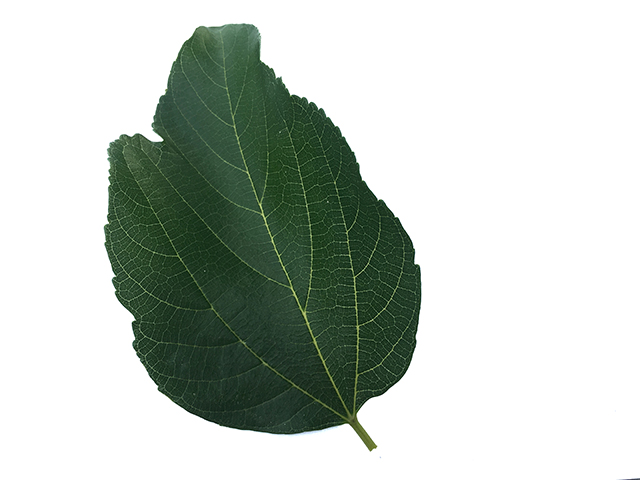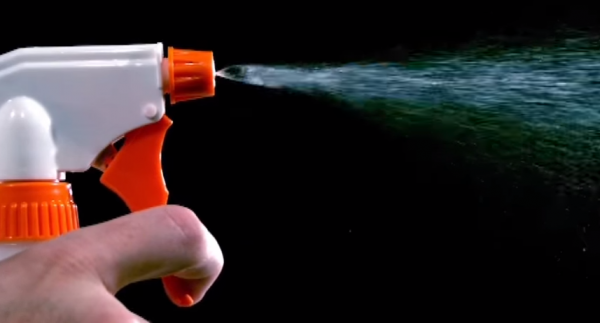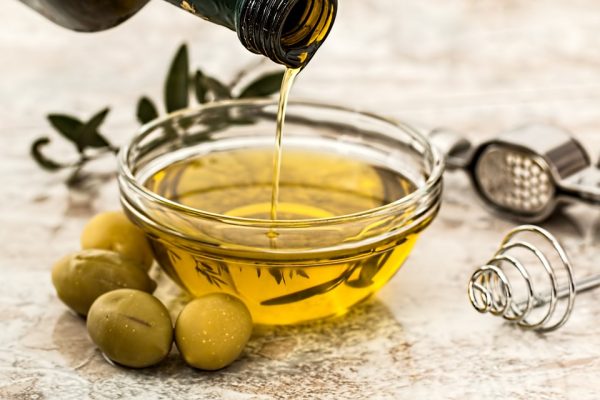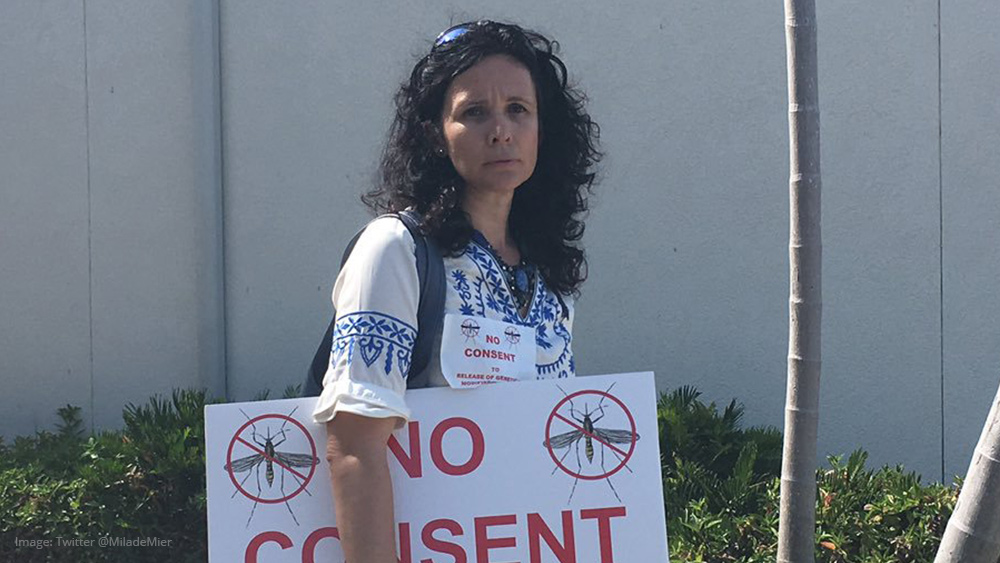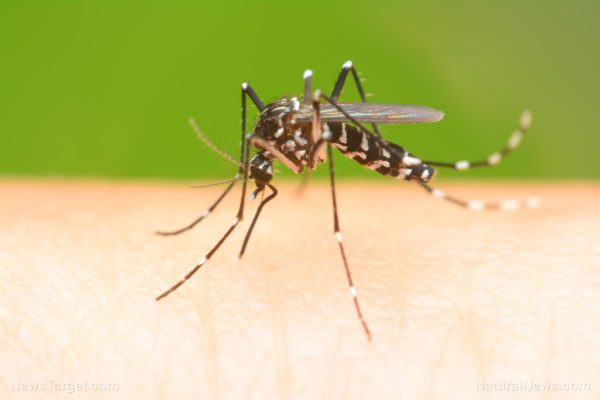When we go to the dentist to repair or replace missing or cracked teeth, we usually don’t ask questions about what they put in our mouths. Because of this, tens of thousands of Americans could have dental fixtures in their mouths that contain toxic chemicals.
These metal and ceramic inserts, bought on the cheap, are imported from China and other Asian countries. According to dental experts, these cheaper products are often made in unregulated laboratories and can contain dangerous levels of lead and other chemicals — such as beryllium and cadmium — that could harm the human nervous system.
Due to their low price and quick service, many American dentists now favor these Chinese, toxic dental fixtures without passing the savings to the client. U.S. dentists have admitted using Chinese labs that charge about one-fifth of what local labs typically charge. As reported by the Daily Mail Online, dentists can take an impression of a client’s tooth, send it by express mail to China and receive a crown within four days.
“In the end, the whole system is profiteering. Any savings made by outsourcing the work to China are never passed on to the patient,” said David Smith, a board member of the Association of Dental Laboratories.
Lead poisoning linked to Chinese dental fixtures
Given China’s notoriety for cheap, fake, and toxic food and building materials, it doesn’t come as a big surprise that their dental fixtures can’t be trusted either.
At least four known cases of lead poisoning caused by Chinese dental fixtures have been reported in the United States. When these fixtures were tested in a laboratory, data revealed that some of them contained 210 times the acceptable amount of the heavy metal.
The toxic dental practice came to light when a 73-year-old Ohio woman became sick after a U.S. dentist installed a dental crown made in China. When the crown, among other crowns from Chinese labs, were tested, lead concentrations of nearly 500 parts per million were found. This is five times more lead than the limit set for toys sold in America.
While it is easy to pull lead-tainted toys off the shelves when a problem arises, it’s nowhere near as easy if the contaminated product is a dental fixture in someone’s mouth, noted David Smith.
Once inhaled or ingested, lead can harm the body in several ways. Symptoms of lead poisoning include high blood pressure, abdominal pain, headaches, memory loss, mood disorders, infertility, miscarriages, mental decline, and joint or muscles pain.
China’s quality control leaves something to be desired
Though the import of medical devices is strictly regulated, the supply of dental components is harder to control. While they all should carry a safety mark, it is often hard to check if the manufacturer used safe materials. Unlike the loose safety standards in China, laboratories in Europe or the U.S. get routine, unannounced inspections. They must follow strict laws to make sure crowns, bridges, and dentures are safe and toxin-free.
For the sake of your health, the next time you visit your dentist, be sure to ask where that set of dentures, bridges, or crowns came from. If your dental office offers steep discounts on dental work, chances are high the fixtures are imported from China.
Know that as a customer, you have the right to inquire about where dental materials have been made. If your dentist tries to dodge the question or he doesn’t want to give you a straight answer, then find another dentist who uses safe materials from trusted U.S.-based labs.
To be sure that no questionable chemicals end up in your body, opt for a holistic dentist instead. Is this term new to you? Click here to learn more about the benefits of holistic dentistry.
Sources include:
NaturalHealth365.com
DailyMail.co.uk
NaturalNews.com


